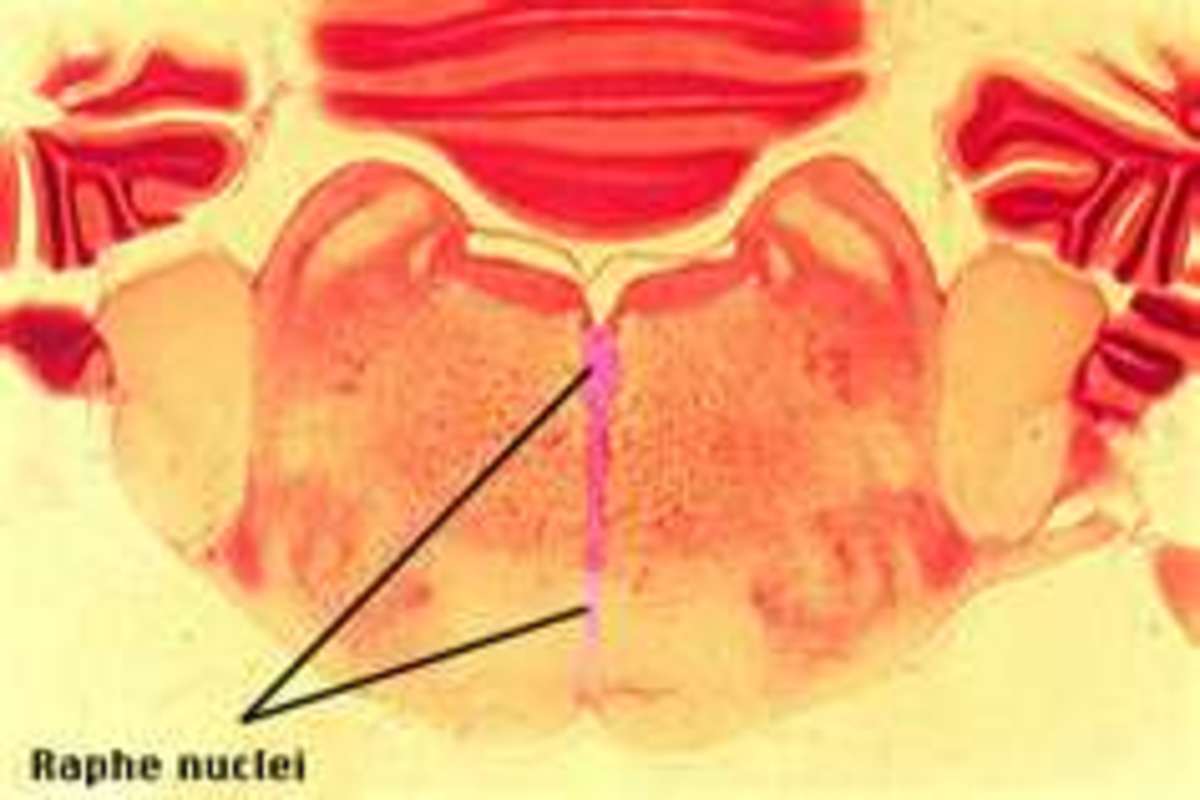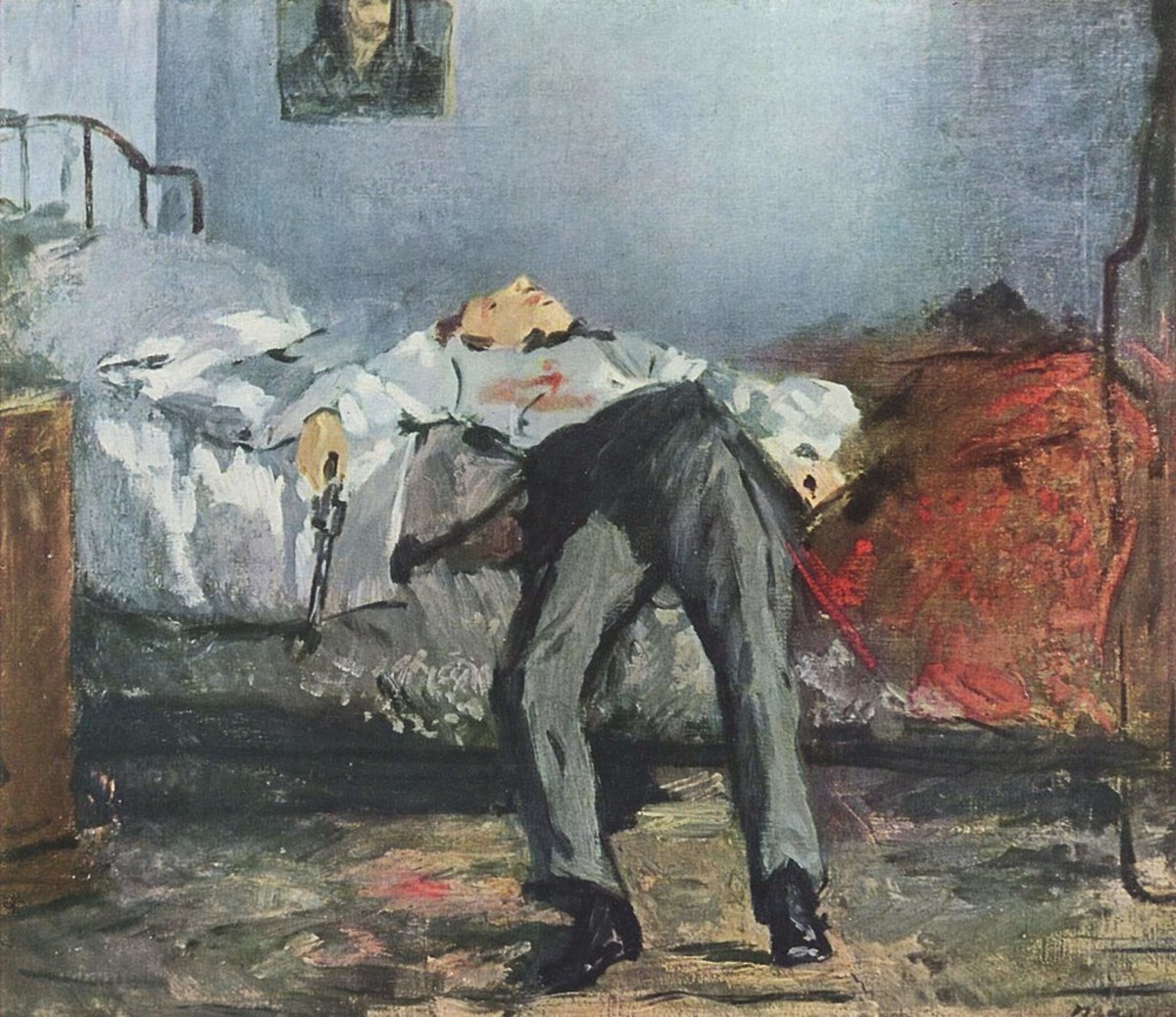- HubPages»
- Family and Parenting»
- Teens»
- Advice & Tips for Parents of Teens
How to Help a Suicidal Friend

According to The World Health Organization, over one million people globally commit suicide every year, and 10-20 million attempt unsuccessful suicide attempts. People who are suicidal don’t usually talk about it, but they do communicate in ways that may indicate they are considering suicide. Helping a friend or loved one in a time of this crisis can only begin with learning the signs and symptoms of someone in danger of committing suicide.
What is Depression?
The brain produces three main neurotransmitters that influence mood and a "sense of well-being." When these chemicals are low, due to many factors, the person will exhibit depression. Extremely low neurotransmitters in the brain can create a very suicidal person that "feels" as though they are in agony. Psychological pain is very real pain and should not be dismissed as "it's all in your head."
Low neurotransmitter production may run in families, be caused by alcohol or drug abuse, may be a side effect of a new medication, or can be induced by a history of childhood abuse or trauma. Although the brain is not fully understood, science has found serotonin, dopamine and norepinephrine important components to depression. These neurotransmitters are vital to a healthy mind that is free from mood disorders. The role of these chemicals and the symptoms of low levels may be:
Neurotransmitters of Depression
Neurotransmitter
| Role in a Healthy Mind
| Low Level Signs and Symptoms
|
|---|---|---|
Serotonin
| A sensation of well-being, feels loved and safe, feels worthy of love and useful
| Irritable, hopeless and helpless, anxiety and impending doom, suicidal ideations
|
Norepinephrine
| Mood stabilizer, keeps you on an even keel, contributes to serotonin
| Overeating, mood swings, irritability and "crying spells" or anger behaviors
|
Dopamine
| Sexual excitement, the "Rush" of winning at something, sense of purpose and "Love"
| Risky behaviors, poor impulse control, poor judgment, anger and rage, drug seeking behavoir
|
All Low Levels of these Neurotransmitters Induce Depression
National Suicide Hotlines
National Suicide Prevention Hotline
LifeLine 1-800-273-TALK
National Hopeline Network
1-800-SUICIDE
High Risk Depression
People who have severe depression may be at risk for suicide. A person who suffers major depression may be to fatigued or lethargic to actually carry out suicide, but they usually have suicidal ideations (thoughts of suicide) that may push them into devising a plan. As they become less depressed, they may seem happier and exert more energy. This is a dangerous time for sufferers, because they now have the ability to put the plan into action. Signs and Symptoms of suicidal thoughts are:
- Giving personal possessions away and telling everyone how much they love them.
- Frequently talking about death or end of life situations. Wishing they “were never born” or “I’d be better off dead.”
- Exhibits hopelessness and helplessness. “Life has no meaning,” or “there is no way out of this horrible life.”
- Getting their affairs in order. Writing letters to old friends and family, or writing out a will.
- Increased substance abuse, spending sprees or engaging in unsafe sex.
- Self hatred behaviors and thoughts express as, “I wish I were dead,” or “everyone would be better off if I were gone.”
- Violent behaviors with erratic mood swings, bouts of anger and rage, threatening
- Loss of interest in the activities and things they used to find joy in doing
- Rapid weight gain or loss, insomnia and complaint of fatigue after rest
Does the Suicidal Person Have a Plan?
If the person has a plan to commit suicide, this is a warning sign that they may be serious about executing a suicide attempt. The question is do they have the "means" to carry out the plan. If their plan is vague, and state they "will not commit suicide," the risks are low. If the person states they plan to shoot themselves in the head, but they do not own a gun, and they state they will not commit suicide, they are at a low risk. This person should be strongly encouraged to get help. A concerned person should be proactive and get others involved to get the suicidal person to psychiatric treatment and placed on medication for depression.
If the person has attempted suicide in the past, call 911 and get help.
On the other hand, if the person states they have a plan to shoot themselves, they own a gun in the home, and state they will commit suicide, calling 911 is necessary. Do not leave them alone until help arrives.
If You Feel Suicide is Imminent: Call 911
Level of Risk
| Signs and Symptoms
| Actions by You
|
|---|---|---|
Low
| Suicidal ideations with no plan to commit suicide
| Suggest professional help and may need medication
|
Moderate
| A plan without details, "I won't commit suicide"
| May need medical intrevention, call suicide hotline for instructions
|
High
| A plan that is detailed and has the means to accomplish it, "I won't commit suicide
| Call their psychiatrist or crisis center, do not leave them alone
|
Warning: Severe
| Has a specific plan, the means to accomplish it, "I will commit suicide."
| Call 911 or bring person to a treatment center, do not leave alone!
|
Levels of Suicide Risk








